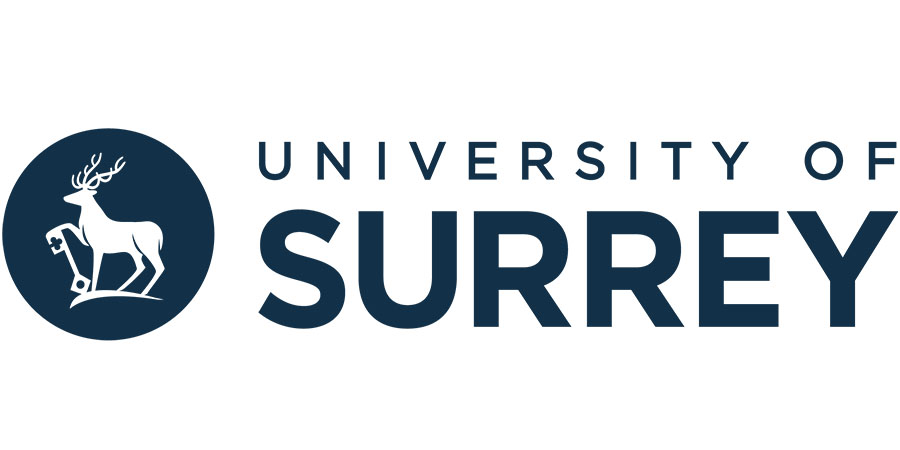PhD Studentship: Aperiodic and Disordered Unit Cell Tiling for Enhanced Performance of Reconfigurable Intelligent Surfaces
University of Surrey
| Qualification Type: | PhD |
|---|---|
| Location: | Guildford |
| Funding for: | UK Students |
| Funding amount: | UK Tuition fees : Currently £4,786 Stipend: UKRI Min Stipend (currently £19,237 p.a.) + Enhanced stipend of £3,000pa RTSG: £5,000 |
| Hours: | Full Time |
| Placed On: | 22nd November 2024 |
|---|---|
| Closes: | 19th January 2025 |
| Reference: | PGR-2425-008 |
New mathematical insight and optimisation will lead to improved RIS performance especially at mmWave frequencies for 6G mobile networks. The majority of theoretical and experimental studies of Reconfigurable Intelligent Surfaces (RIS) and Reconfigurable Holographic Surfaces (RHS) have only considered a planar array of identical cells. However, a conformal RIS will often be considerably easier to deploy in many practical scenarios. A conformal RIS of identical unit cells deployed on a curved surface (such as a parabolic dish, radome or vehicle) will appear neither periodic nor identical nor rectangular to an incident electromagnetic wave, so the RIS control algorithm and performance will deviate from the simple planar periodic case.
This project, based at the University of Surrey with Professor Gabriele Gradoni and Dr Mohsen Khalily as the lead academic supervisors will develop the fundamental mathematical tools to analyse the performance of an aperiodic, non-identical, non-planar RIS/RHS. Novel tiling patterns will improve the reflected beam shape so beam-steering will be affected by an interplay between RIS tiling, unit cell response and control algorithm.
The project will also explore space-time channel modelling including the electromagnetic response of aperiodic antenna arrays and metasurfaces self-consistently. Selected prototypes of aperiodic RIS structures will be fabricated and tested within the Surface ElectroMagnetic LABoratory at the University of Surrey. The model will be end-to-end and will be verified by experimental measurements of the fabricated prototypes.
As a specific quantified contribution, BT funding includes the sum of £4,500 to cover the student expenses in attending BT premises. BT researchers will provide a minimum of 30 days FTE supervision each year and ensure the student spends at least 3 months working with us at the Adastral research labs.
Supervisors: Professor Gabriele Gradoni and Dr Mohsen Khalily
Entry requirements
Open to candidates who pay UK/home rate fees. See UKCISA for further information.
Starting in April 2025.
You will need to meet the minimum entry requirements for our PhD programme.
Applicants are expected to hold a first or upper second-class (2:1) UK degree in a relevant discipline (or equivalent overseas qualification), or a lower-second (2:2) UK degree plus a good UK masters degree - distinction normally required (or equivalent overseas qualification).
How to apply
Applications should be submitted via the Information and Communication Systems PhD programme page.
In place of a research proposal, you should upload a document stating the title of the project that you wish to apply for and the name of the relevant supervisor.
Funding
Fully and directly funded for this project only.
Duration: 48 months
UK Tuition fees: Currently £4,786
Stipend: UKRI Min Stipend (currently £19,237 p.a.) + Enhanced stipend of £3,000pa
RTSG: £5,000
Enquiries
Contact Professor Gabriele Gradoni
Advert information
Type / Role:
Subject Area(s):
Location(s):









